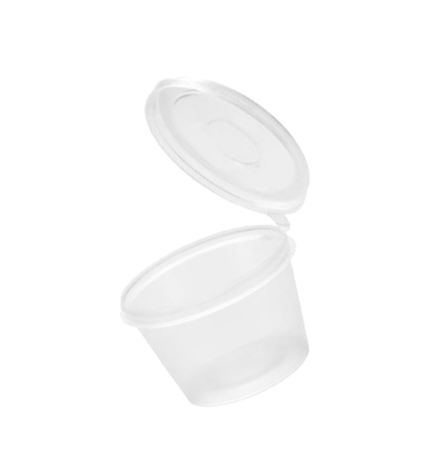Advancing Recovery for Small Format Packaging Through Cross-Sector Collaboration Overview
The Small Format Coalition brings together leaders from packaging, recycling, waste management, and sustainability to tackle a shared challenge: improving the recovery and reuse of small format materials like aluminum caps, glass vials, plastic pods, and small paper cartons. These items are part of everyday life but often escape recovery in current systems due to their size. By uniting brands, technology providers, material processors, MRF operators, haulers, and regulators, the Coalition delivers practical solutions that benefit recycling systems, the environment, and the circular economy.





Led by the Glass Packaging Institute (GPI), the Coalition works to strengthen infrastructure, support smart design, and create actionable data for long-term improvements in materials recovery.
OUR MISSION
The Coalition’s mission is to create a more efficient, circular system for small format packaging by:
- Enhancing recovery infrastructure to reduce material loss and improve quality
- Supporting best practices in packaging design and recycling system operations
- Developing actionable data for inclusion in EPR programs and recycling standards
- Engaging MRFs and glass processors to capture value before disposal
Why Small Format Packaging Matters
Cross-Stream Contamination
Tiny plastics, metals, and paper fragments slip into glass bales and also invade paper, plastic, and metal streams. Sorting errors at Material Recovery Facilities (MRFs) spike, whole loads get downgraded or landfilled, and recycling costs climb.
Reduced Recovery AND Higher Costs
Small pieces clog screens and conveyors, causing line delays or stoppages. For example, a few thousand stray glass vials in an aluminum stream can force hand-picking, slowing throughput and driving up the cost per ton processed.
Lower-Quality Recycled Feedstocks
Even recyclable pieces in the wrong stream degrade bale purity. Glass cullet becomes “dirty,” paper pulp gets tainted, plastic flake mixes, and metal streams lose value—ending up landfilled or sold at steep discounts.
An Untapped Circular Economy Opportunity
Capturing small items before they contaminate any stream unlocks value across all materials. Glass plants receive clean cullet, plastic recyclers get pure resin, metal shredders see quality feedstock, and paper mills avoid costly contaminants—benefiting brands, municipalities, and the planet.
PRESS RELEASE
The Small Format Coalition announced its launch to align industries and improve capture of small format packaging across the recycling system.
“This is a positive and inclusive step forward for all material types,” said Scott DeFife, President of GPI. “Our goal is to work together to maximize recovery, reduce contamination, and increase the value of recycled materials—glass, metal, plastic, or fiber.” READ FULL RELEASE
